
With birth rates at record lows, we ask what the implications are for the UK and how it might impact the public finances.
Subscribe now: Apple Podcasts | Spotify | ACAST | Stitcher | YouTube | Google Podcasts | RSS
At the end of October, the ONS announced that the fertility rate in England and Wales had fallen to 1.44 births per woman in 2023 - the lowest figure since records began in 1938.
What will this mean for the population make-up of the country? What other big demographic shifts are occurring? Why is this trend occurring across the developed world? And what will its implications be for the public finances?
To discuss those questions, Paul is joined by Melinda Mills, Director of the Leverhulme Centre for Demographic Science and Nuffield Professor of Demography at Oxford. And by Carl Emmerson, Deputy Director at IFS and one of the leading experts on the UK's public finances.
Host

Director
Paul has been the Director of the IFS since 2011. He is also currently visiting professor in the Department of Economics at University College London.
Participants

Deputy Director
Carl, a Deputy Director, is an editor of the IFS Green Budget, an expert on the UK pension system and sits on the Social Security Advisory Committee.

Oxford University
Podcast details
- DOI
- 10.1920/pd.ifs.2024.0031
- Publisher
- Institute for Fiscal Studies
More from IFS
Understand this issue

What does the Budget mean for the UK?
We discuss the Chancellor's first Budget and what impact the changes could have.
31 October 2024
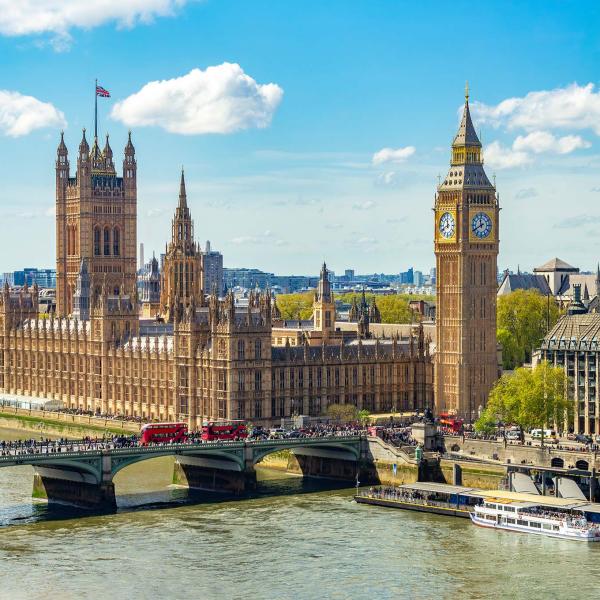
How can Rachel Reeves make her first Budget a success?
We’re look at some of the challenges facing the Chancellor and what she can learn from previous Budgets.
24 October 2024

We can’t have any more budgets where speculation is running wild
Rachel Reeves needs to deliver a clear statement of intent for the remainder of this government’s time in office
28 October 2024
Policy analysis
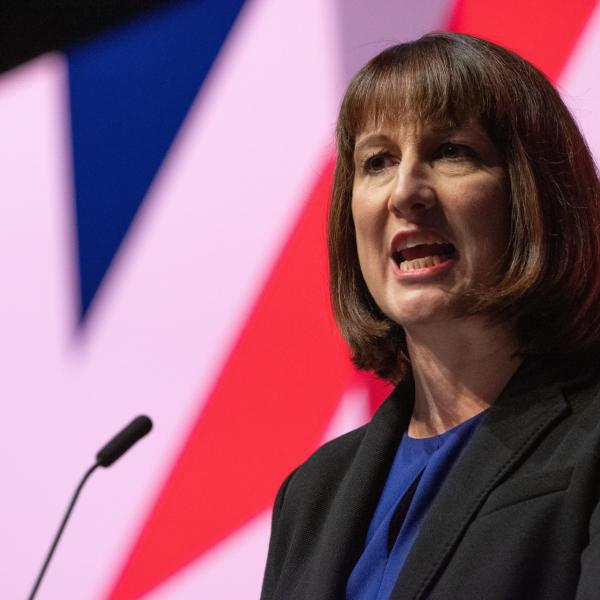
Autumn Budget 2024: IFS analysis
At this online webinar IFS researchers presented their initial response to new Chancellor Rachel Reeves' first Budget.
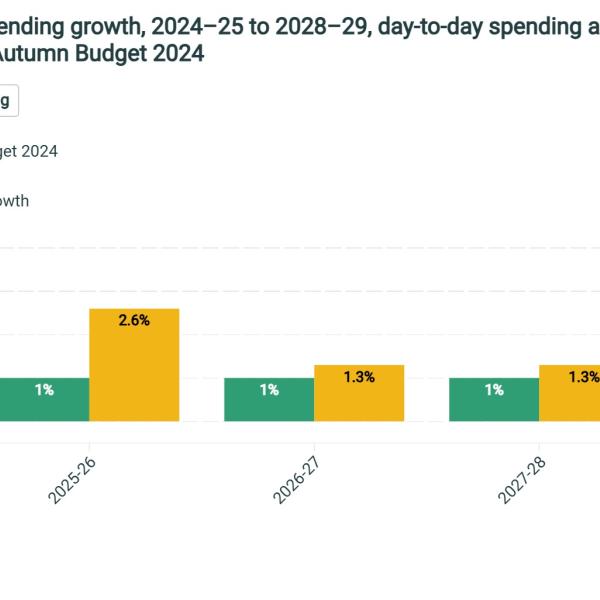
Real-terms departmental spending growth, 2024–25 to 2028–29, day-to-day spending and capital spending, plans at Spring Budget 2024 and Autumn Budget 2024
Rachel Reeves has topped up the day-to-day departmental spending plans inherited from Jeremy Hunt, but the increases are very front-loaded.
1 November 2024
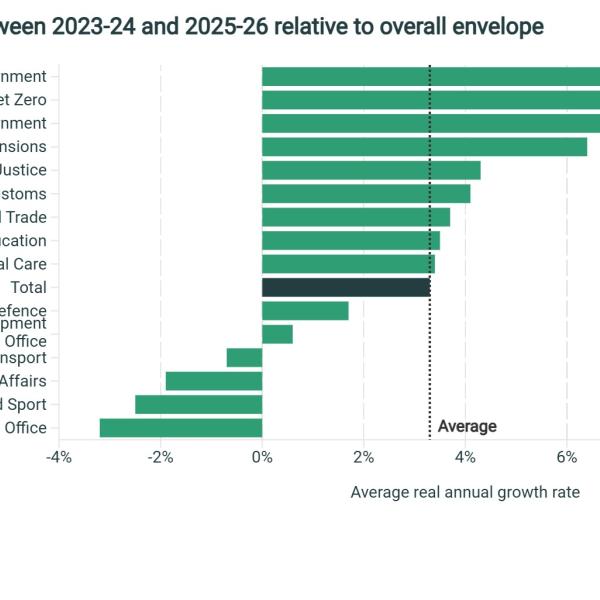
Day-to-day growth rates between 2023-24 and 2025-26 relative to overall envelope
From last year to next year, total day-to-day spending on government departments is growing by 3.3% in real-terms per year.
31 October 2024
Academic research

Very weak income growth for poor pensioners has meant rising pensioner poverty since 2011
19 July 2024
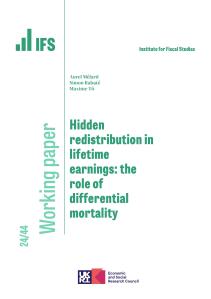
Hidden redistribution in lifetime earnings: the role of differential mortality
Life expectancy gaps between gender and income groups are large and generate notable implicit redistribution in lifetime earnings via pension systems.
9 October 2024

Unfunded mandates and taxation
14 March 2024